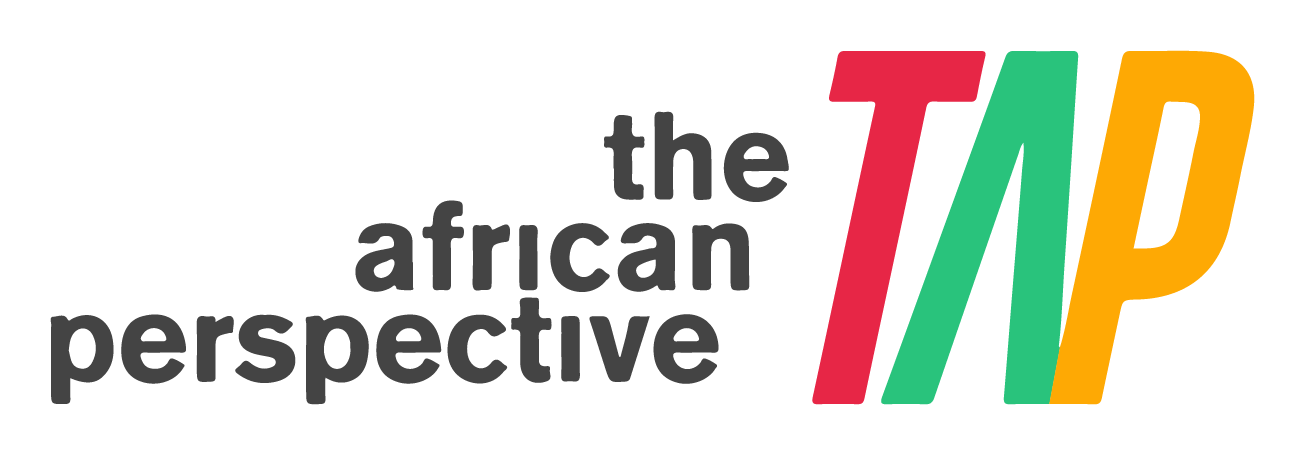Random guy at the café
After endless trips and after having lost all interest in the ‘hunt’, I met a guy keen to talk to me at the popular Bridgehead Cafe that Elle and I had since labeled the prefect pick up spot. According to Elle, it’s a hotspot for the idealistic, ‘we want to save the world’ sorts that we would be into, the kind that will easily part with more that 4 dollars for a caffeinated drink, and it’s not just any coffee, it’s the fair trade stuff. From distant lands like Congo, and with every dollar, believing to be able to change the lives of these distant people that are in dire need of saving. Fair trade, what does this entail anyway, I mused over this yesterday at the same café, when my eyes were drawn to this rather large poster that screamed fair trade, in big broad letters, and below those letter, women in ‘kitenge’ smiling broadly at the camera as though inviting one to purchase a bag of this coffee, and with this maintaining their smiles.
 I was also particularly struck by the words in fairly smaller print that stated that this coffee was from Kivu, and I thought, before me is something from home (well fairly close to home). It’s funny, it had never dawned on me that I would find something from home in this place, let alone from Kivu, an area I consider inaccessible and plagued by war, but that’s another story all together.
I was also particularly struck by the words in fairly smaller print that stated that this coffee was from Kivu, and I thought, before me is something from home (well fairly close to home). It’s funny, it had never dawned on me that I would find something from home in this place, let alone from Kivu, an area I consider inaccessible and plagued by war, but that’s another story all together.
Anyway, I later brought this up with a friend who I was meeting for coffee, and my concern was with the total lack of demand for what has been termed “black gold” in places where it is produced, particularly in African countries, with the exception of Ethiopia. Coffee in Rwanda and many African countries is not particularly popular and in fact, it is extremely underpriced. A professor of mine who lectured in Rwanda for a while, once mentioned that on her last trip to the country she purchased so much coffee that she could barely get it into the country. The same coffee that you could easily access at any Starbucks (which has a monopoly over Rwandan coffee) the difference being, a Grande café latte at a Starbucks is the same price as a whole bag of coffee, from which you could probably make up to 20 café lattes.
It’s interesting isn’t it, how we continue to devalue this commodity that is very much in demand, failing to see the importance it has on the international scale, the demand it has in the caffeine addict infested Western world. I am not saying we should change our tastes as Rwandans and discard tea for which we bear an affinity akin to that of the Brits. No, I understand that as human being we all have different tastes and preferences, although I have slowly but permanently been integrated into this caffeine obsessed culture and I am now myself a slave to the “tall mild”.
However, I still see the importance of remaining true to one’s tastes and preferences. That said, Rwandans and all those African coffee growers must be able to recognise the leverage they have over the coffee markets, after all they have a commodity very much in demand. A commodity, dare I add, whose demand is driven by what some might call addiction. Let’s be honest, there is a vast number of us that cannot contemplate leaving the house without their shot of caffeine, or those that cannot function until they have had that cup of coffee in the morning. Then we have those that will have a cup of coffee every so often through out the day, in an effort to maximize efficiency. If that’s not addiction, then I don’t know what else is! So here is my advice, a bit naïve (maybe) but this is what makes the most sense to me.
Let’s set the prices, we have the upper hand, as an addict I can attest to this, there will never be a shortage in demand. The rest of the world will protest and attempt to haggle but in the end they will come around, because they simply cannot do without that “black gold”.Hmmm, I think I need a cup of coffee….
By Louise Umutoni

